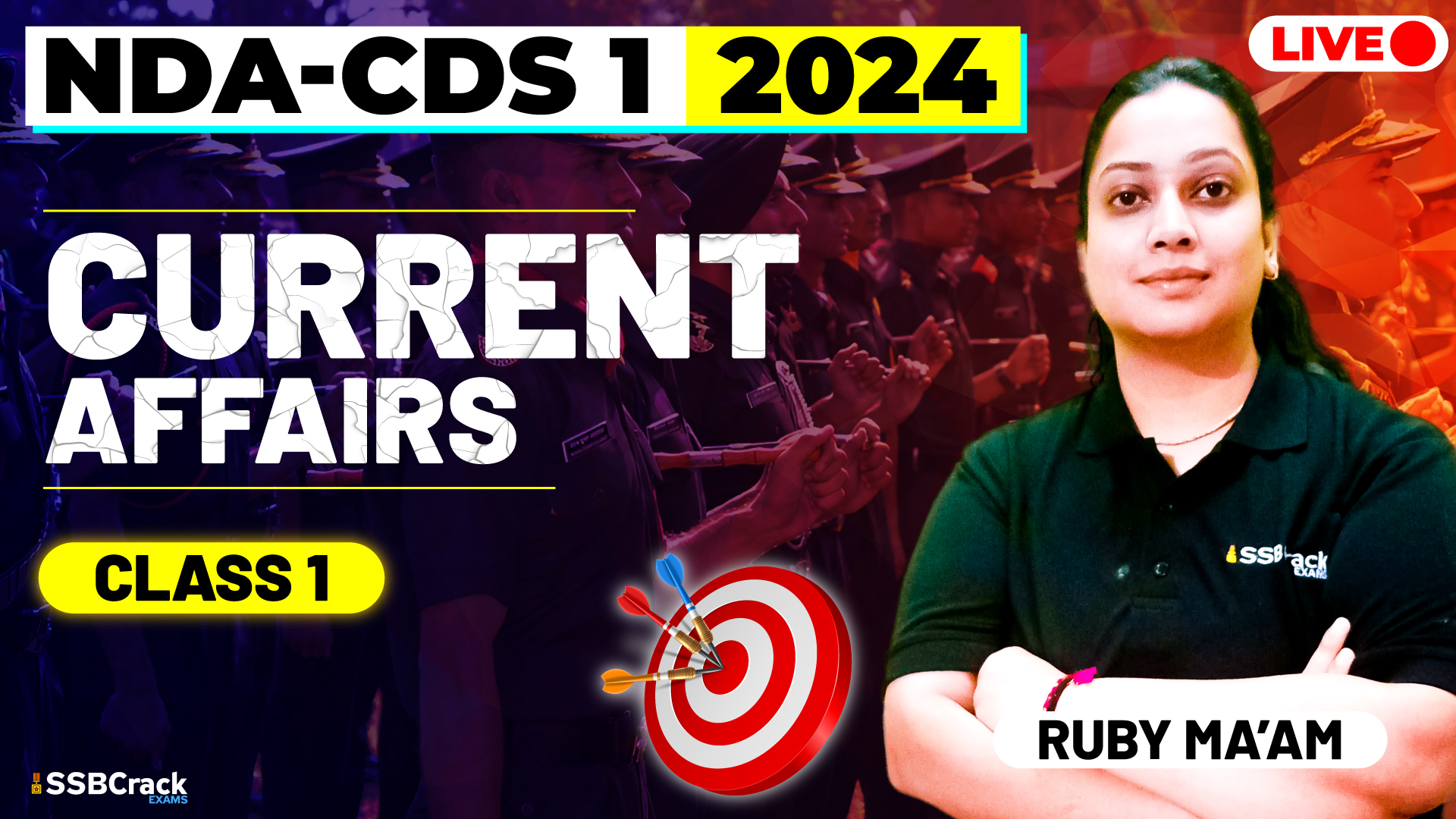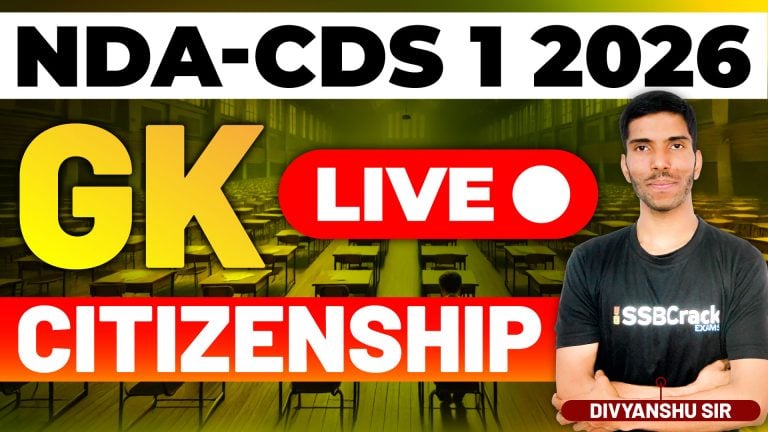In the pursuit of becoming a part of the esteemed National Defence Academy (NDA) or the Combined Defence Services (CDS), mastering the Current Affairs section is pivotal. Among the various components of these exams, the Current Affairs section holds immense weightage. Aspirants often find themselves grappling with the best strategy to tackle this section effectively. One of the most efficient ways to ace this segment is by acing Multiple Choice Questions (MCQs) in Current Affairs. Here’s how it can significantly impact your performance in the NDA/CDS exams.
1. Broadening Knowledge Spectrum:
Solving MCQs isn’t merely about answering questions; it’s an active learning process. Each question, right or wrong, serves as a learning opportunity. It compels aspirants to delve deeper into diverse subjects, thus broadening their knowledge horizon. Current Affairs, by nature, is a dynamic subject that requires constant updating. MCQs ensure a comprehensive understanding of ongoing events, historical significance, and socio-political developments.
2. Retention and Application:
The process of solving MCQs aids in retention. Aspirants engage in repetitive exposure to facts, reinforcing memory retention. Moreover, it encourages the application of learned information in problem-solving scenarios. The ability to recall and apply information quickly becomes an invaluable skill during the time-constrained exam.
3. Exam Simulation:
MCQ solving replicates the exam environment. It helps aspirants familiarize themselves with the pattern, difficulty level, and types of questions likely to appear in the actual NDA/CDS exam. This practice not only builds confidence but also enhances time management skills, crucial for navigating through the test effectively.
4. Analytical Thinking:
Each MCQ often presents multiple choices that require critical analysis. Aspirants learn to discern between seemingly similar options, enhancing their analytical thinking. This skill is indispensable, especially in a competitive exam setting where precision and quick decision-making are paramount.
5. Strategy Building:
Regular practice of MCQs assists in devising a personalized strategy. Aspirants identify their strengths and weaknesses, allowing them to allocate time efficiently to various topics. Focused preparation on weaker areas becomes possible through continuous practice and analysis.
6. Confidence Booster:
Scoring well in MCQs instills a sense of accomplishment and boosts confidence. This positive reinforcement motivates aspirants to persist in their preparation and perform better in the actual exam.
Conclusion:
Solving MCQs for Current Affairs is not just about answering questions; it’s a holistic learning process. It sharpens your intellect, enhances knowledge retention, and fosters critical thinking. As an NDA/CDS aspirant, integrating MCQ practice into your study routine can significantly amplify your chances of success. Remember, consistent practice coupled with strategic learning is the key to conquering the Current Affairs section and ultimately, achieving your goals in these prestigious exams.







